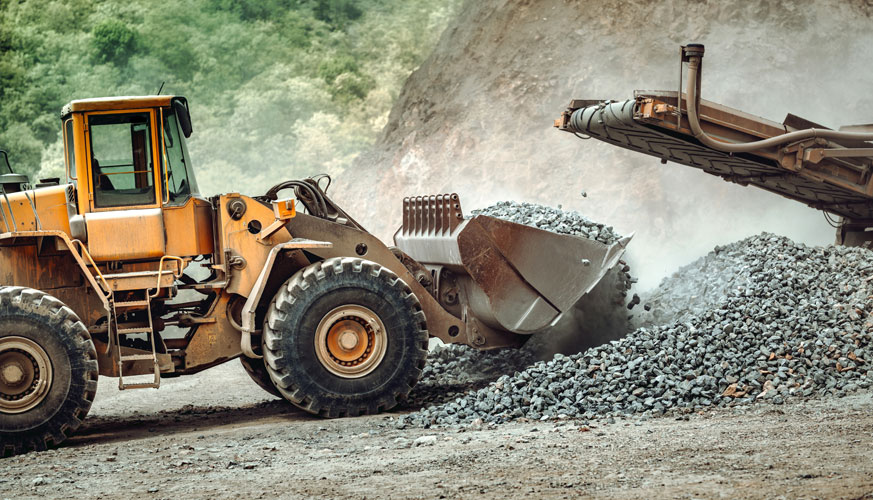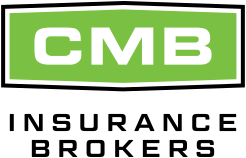Contractors Equipment Insurance
Contractor’s Equipment Insurance (aka Equipment Floater Insurance) is a type of property insurance that covers damage or loss of equipment or tools when they are moved from one place to another.
Most contractors know that it is essential to obtain various forms of insurance coverage to protect themselves from liability and litigation. However, some contractors are surprised when they learn that certain types of equipment that are transported from job site to job site are not always covered under standard commercial property insurance policies.
For the average contractor, their equipment is a valuable asset necessary for completing projects. Thankfully, contractors can protect themselves from the financial burden of repairing or replacing lost or damaged equipment by turning to contractors equipment insurance.
Contractors equipment insurance, sometimes referred to as equipment floater insurance, is a form of inland marine insurance that provides protection for equipment and tools that are easily transported from one location to the next. Such policies provide coverage for the direct physical damage and loss to mobile machinery and equipment that is used to complete projects.
Do I need Contractors Equipment Insurance?
While standard commercial liability coverage is good for insuring equipment that remains at one, fixed location, it cannot safeguard mobile equipment or items that travel with a contractor. Such items often include the following types of equipment:
- Bulldozers, road graders, forklifts, loaders, backhoes and concrete mixers.
- Hand tools and spare parts.
- Generator, compressors, hoists, pneumatic tools and cables.
- Derricks and draglines.
The value of these tools can range from hundreds to thousands of dollars, and, without protection, businesses would have to recoup these losses themselves.

What does Contractors Equipment Insurance cover?
Most contractors equipment insurance policies are written on an “all-risk” basis, meaning that all perils except those specifically excluded by the terms of the policy are covered. Typically, contractors equipment insurance protects firms from a variety of exposures, including thefts, fires, floods, equipment breakdowns, vandalism and other types of damage. This coverage persists as the equipment is moved from job site to job site.
Blanket or Scheduled Coverage
Contractors equipment insurance typically provides scheduled coverage, blanket coverage or a combination of the two. Before purchasing a policy, it’s important to understand the following regarding these coverage options:
- Scheduled coverage. This coverage applies exclusively to items listed in an agreed-upon schedule. A detailed list of covered items is typically attached to the original policy or kept on file with the insurer. In some cases, insureds can add newly obtained equipment to coverage after the inception of the policy.
- Blanket coverage. This type of coverage applies to any items that fall under an agreed-upon definition of “covered property.” With blanket coverage, property is protected regardless of whether or not it is listed in a schedule.
To ensure coverage, organizations often use a combination of scheduled and blanket coverage. When purchasing a policy, be sure to provide your broker with a list of tools and equipment you want protected. In this list, include the item’s make, model, serial number and estimated value.
Actual Cash Value vs. Replacement Cost
Contractors equipment insurance policies are written on either a replacement cost or actual cash value (ACV) basis. Under policies written on a replacement cost basis, contractors or a construction company are reimbursed for the cost to repair or replace damaged property with equipment that is of a like kind and quality. This means the damaged equipment would be repaired or replaced with equipment of a similar age, condition and quality.
Under policies that are written on an ACV basis, contractors are reimbursed for the replacement costs of the property insured at the time of the loss minus depreciation. When comparing policies, it is important to keep in mind that the value of equipment can depreciate rather quickly, and every insured needs to be mindful of how their policy is written.
Additionally, many polices will only grant replacement coverage on equipment that is five years old or less, so it’s wise for contractors to review their coverage annually to determine if any equipment has “aged off” from the replacement cost provision and may then become insured for ACV.
Other Considerations
When evaluating risk management policies, contractors should also look for the following elements of coverage, which may already be included in a policy or may need to be added through an endorsement:
- Coverage for equipment leased, rented or borrowed from others. For many contractors, it doesn’t always make sense to own all of their equipment. Sometimes a business will lease equipment from someone else. An equipment lease typically makes the contractor liable for damage to the equipment that occurs during the term of the lease. Fortunately, many contractors equipment policies include coverage for rental equipment you lease from others.
- Rental reimbursement and continuing expenses. If equipment is damaged by a covered loss, many insurance companies will provide coverage for additional expenses related to the claim, such as rental or lease of similar equipment, overtime wages needed to complete the work and transportation of the rented equipment.
- Coverage for expediting expenses. Specialized or customized equipment that is compromised may not be easily replaced. To keep work on schedule, contractors often incur additional labour or freight costs to expedite delivery of replacement tools and equipment. Some forms of contractors equipment insurance can help cover these expenses.
How much does Contractors Equipment Insurance cost?
The cost of contractors equipment insurance varies based on the type, value and quantity of tools and equipment you want protected.
Contact CMB Insurance Brokers today to learn about the Contractors Equipment Insurance coverage solution that’s right for you.
What types of Business Insurance do I need?
There are many types of insurance policies that our experts can advise you on and package to meet your specific needs, such as:
- Commercial General Liability
- Commercial Property Insurance
- Business Interruption Insurance
- Pollution Liability Insurance
- Professional Liability Insurance
- Product Liability Insurance
- Equipment Breakdown Insurance
- Commercial Auto Insurance
- Cyber Insurance

